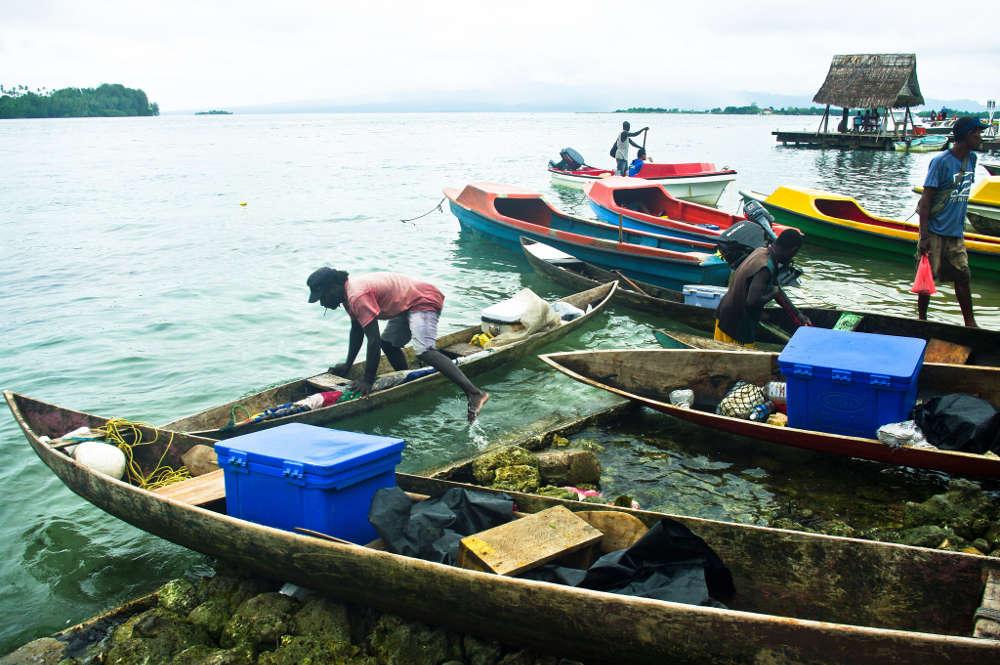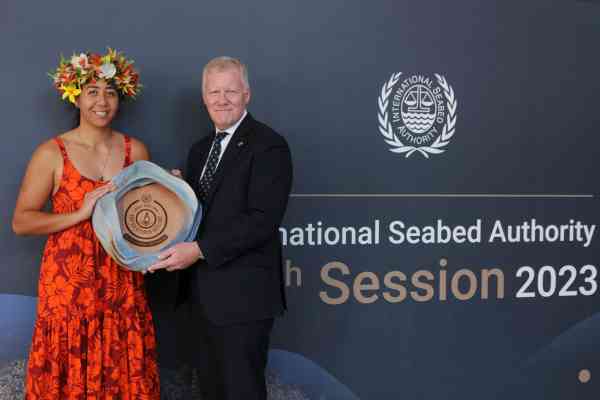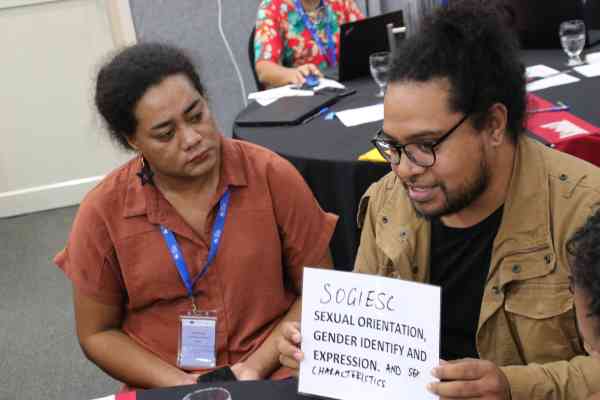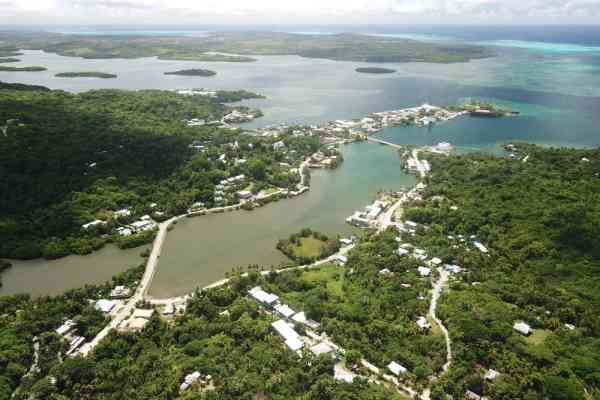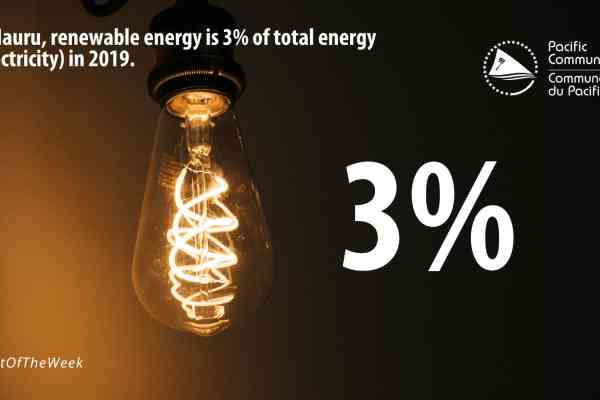Photo credit: Richard Nyberg, USAID supports oceans and sustainable fisheries in the Asia-Pacific region
Some rights reserved (license)
Unlike tuna fisheries, the number of well-managed coastal fisheries in the Pacific Islands is surprisingly small. Ineffectual coastal fisheries management is a real threat to the sustainability of Pacific fisheries, as it is these fisheries that serve as the main source of nutrition and employment for Pacific Islanders. Governments need to establish policies and legislation that protect fisheries resources and facilitate the ongoing supply of marine foods to coastal communities. Healthy marine and coastal environments are fundamental to the long-term sustainability of island societies, and provide the basis for both their livelihoods and economic development. Small pockets of effective coastal fisheries management cannot address the deficit of well-managed fisheries in the region.
The importance of redirecting regional focus and attention to coastal fisheries in the Pacific was presented by the Pacific Community (SPC) at the tenth annual session of Pacific Fisheries Ministers in Atafu, Tokelau in July of 2014. The ministers discussed issues affecting sustainability of coastal fisheries resources in the Pacific region, and called for bolstered actions that recognise and incorporate a community-based ecosystem approach to coastal fisheries management. They made it clear that national governments, subregional, regional and nongovernmental organisations will need to invest in areas such as legislation and policy. The Pacific Fisheries Ministers’ decision to renew commitment and focus to ensure sustainable management and utilisation of the coastal fisheries, including at the community level, lead to the convening of a regional workshop in March 2015 on the future of coastal fisheries management. One of the outcomes of the workshop was the development of A new song for coastal fisheries – pathways to change: The Noumea strategy, which was approved at the Heads of Fisheries Meeting (HoF9) in March 2015.
The Noumea Strategy was endorsed at the eleventh annual session of the Pacific Fisheries Ministers meeting in Funafuti, Tuvalu, in July 2015, and subsequently informed the sections on coastal fisheries in the Future of fisheries: A regional roadmap for sustainable Pacific fisheries, which was endorsed by Pacific Islands Forum in 2015. At its meeting in 2016, Forum leaders made a landmark decision by appointing SPC as the regional agency responsible for coordinating regional efforts to improve coastal fisheries conservation and management at the national, sub-national, and community levels.
The fundamental importance of coastal fisheries to the Pacific region’s diet, food security, welfare, culture, employment, and recreation will be discussed at the upcoming 10th SPC Heads of Fisheries Meeting in Noumea from 14–17 March 2017. SPC’s Division of Fisheries, Aquaculture and Marine Ecosystems (FAME) will be tabling a number of key coastal fisheries issues for discussion. Some of the key issues will include:
- New monitoring and evaluation (M&E) framework – the importance of evaluating the impact of the Noumea Strategy at all levels;
- Establishment of a regional working group on coastal fisheries – implementation of the coastal fisheries elements outlined in the Future of fisheries roadmap at the regional, sub-regional, national, sub-national, and community levels;
- Harmonized collection of small-scale domestic fisheries data – the need for data collection and statistical systems at the national, sub-regional, and regional levels;
- Coastal data-holding and repository – The proposal that SPC become the regional repository for coastal fisheries data; and
- The Pacific Strategic Action Plan for Agriculture and Fisheries Statistics (P-SPAFS) – the potential of broadening the reach of household income and expenditure surveys (HIES) to improve the availability of data on coastal fisheries production in the Pacific region.
